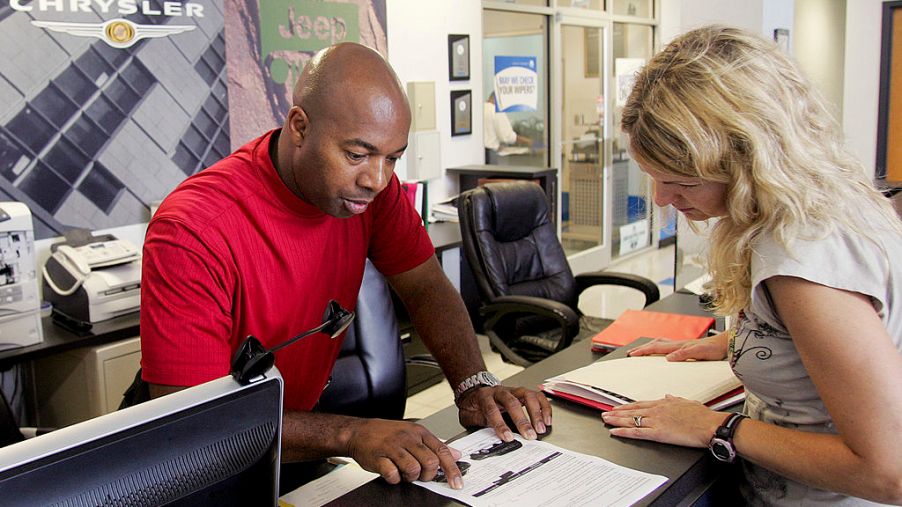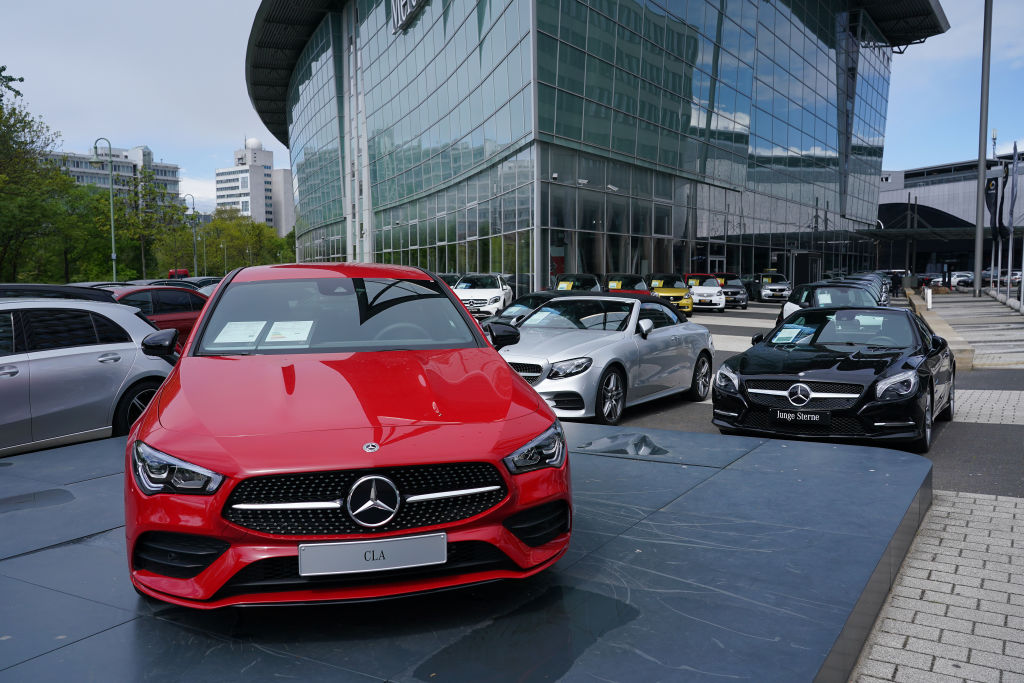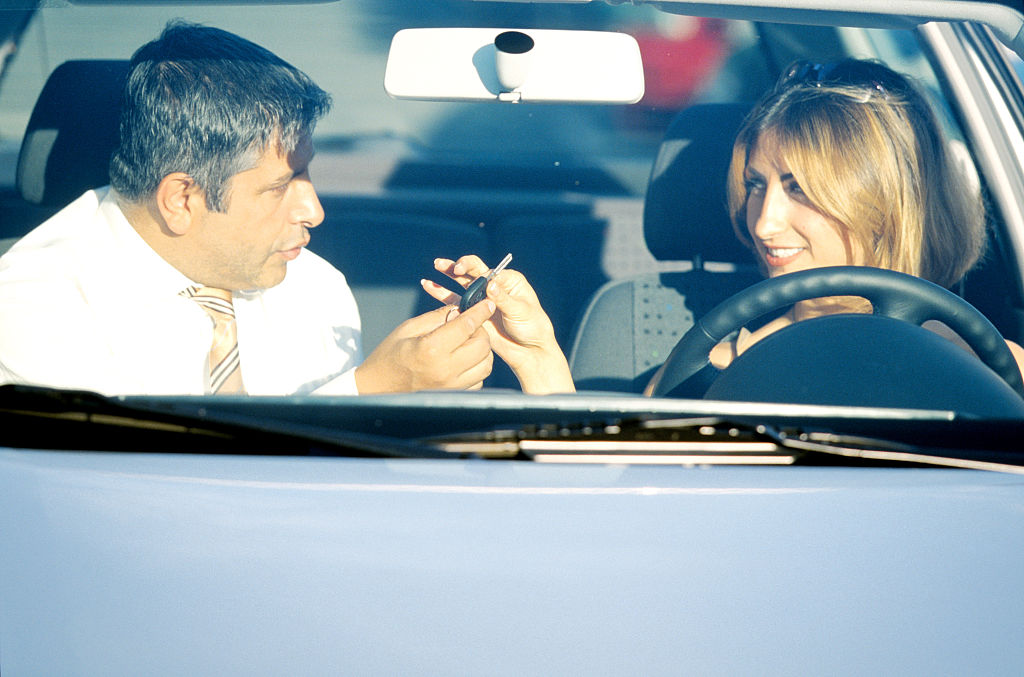
When Does Buying Out Your Car Lease Make Sense?
If you’re currently leasing a car and are coming up to the end of the term, then you might be wondering if whether or not you should buy it out. After all, you’ve likely spent the last three years with the car and know everything about it, and it’s obvious that you like it, so why not own it? Here are a few tips to decide whether or not buying out your lease makes sense.
Decide if the vehicle is worth buying
When you signed the lease contract, you might have noticed that “residual value” amount listed in the line items, this is what’s known as your “buyout” amount. When you find that amount, we advise to check out KBB.com or Edmunds to find out the current market value of the car. If the buyout amount of your car is considerably less than the car’s current market value, then it’s definitely worth buying. However, if its current value is less than the buyout amount, which means that you’ll be paying more than the car is worth, then we suggest not buying it.

Determine if the car is in good condition
One of the beauties of leasing a car is that it’s under warranty for the entire time that you lease it. However, most warranties end at the three-year mark, so one thing to keep in mind is that you might need to spend more money to purchase an extended warranty in case anything goes wrong later on.
Also, if you’re thinking about buying it out, then another factor to consider is getting the car checked out by a mechanic to ensure that it’s still in good shape or is in need of any repairs. Those are other cost factors that you may want to think about when it comes to making your decision.
Are you over the allotted mileage?
For any lease structure, there is a mileage allotment that you need to stay within, otherwise you end up having to pay for overage miles. For example, if you lease a Honda Civic for 10,000 miles/year (30,000 total), and you’re at 35,000 miles at the end of the term, then you’ll have to pay 15 cents for each mile that you’re over. But let’s say you don’t want to spend the extra $750 just to turn in the lease, then buying out the car could be a better option.

Will buying the lease fit your budget?
One last factor to consider if buying out your lease fits in your budget. When you buy out your lease, you can either pay the buyout price in full or you can finance it. If you decide to finance it, then determine what the loan amount and monthly payments will be and decide if you can comfortably afford the payments. Keep in mind that, depending on how the initial lease was structured, financing the residual amount of the car might actually lead to higher monthly payments than what your initial lease entailed. Remember to keep your budget in mind.



